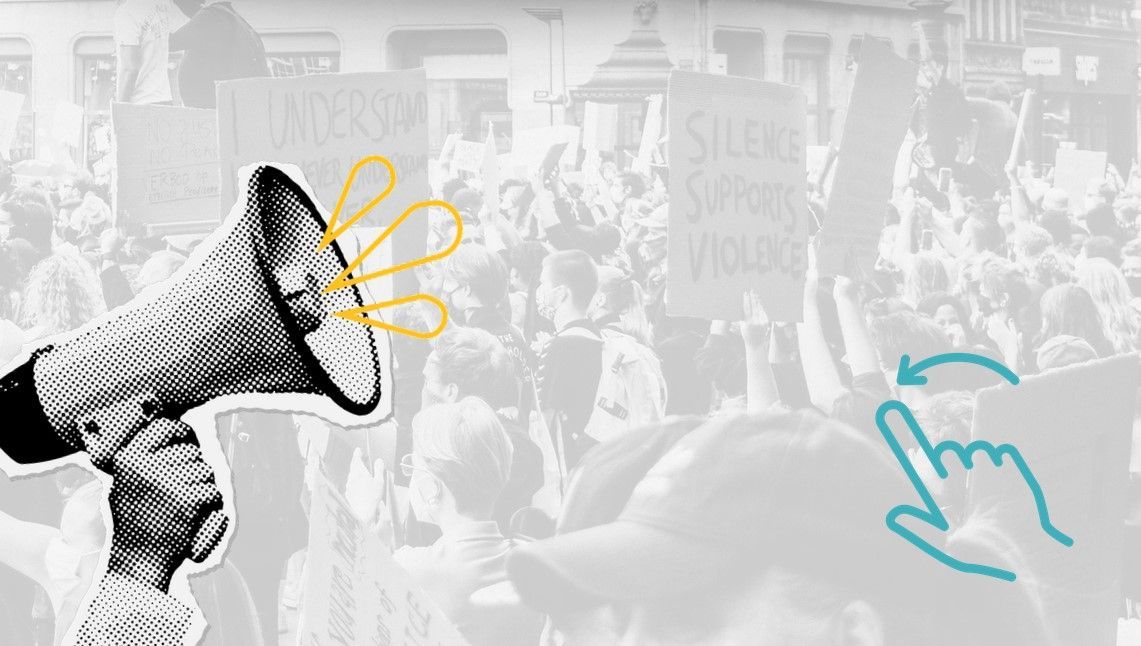Do not believe Nord Stream 2: help us saving Kurgalskiy Peninsula!
On 6 February 2018, Nord Stream 2 AG will be hosting in Geneva a Round Table on the Biodiversity Conservation Strategy for the Kurgalsky Nature Reserve.
Why in Geneva? Apparently, because the company wants to impress the Secretariat of the Convention on Wetlands of International Importance especially as waterfowl habitat (Ramsar Convention) and the International Union of Nature Conservation ( IUCN ), that holds the International Red List of Threatened Species, many of which can be sacrificed by another multi-billion and truly political project.
Just a week ago a similar roundtable was held in St.Petersburg, Russia and did not impress anyone, except governmental officials and the company itself. Because local scientific community knows that company uses ‘alternative facts’ or in plain words – simply lies .
Why is it so? Simply because the company, that claims highest level of openness, transparency and public involvement in decision-making, has just persistently followed its own logic of Environmental Impact Assessment. It is based on the assumption that the chosen option of routeing the gas pipeline is the best one. And it does not matter for them that the route will pass across the Specially Protected Natural Area of the international importance, that is covered by two international conventions – HELCOM and Ramsar. If it is in business interest of a single company or national interest of a single state – it does not matter, if this area has unique nature values. Because money matters! Nature does not!
Article 4 of the Ramsar Convention leaves a possibility for a Contracting Party to delete or restrict the boundaries of a Ramsar site in case of ‘urgent national interests’. What are those and how Article 4 should be applied – read in the Guidance from Ramsar Convention.
Read more about the dirty tricks of Nord Stream 2 AG in an article
Full coverage of the independent Public Environmental Assessment of the Nord Stream 2 plans on the the Russian side of the Baltic is available here
To understand the scale of inconsistencies and falsifications – read the Summary and full Conclusions of the Public Environmental Assessment .
And even more on the matter – at the dedicated webpage for Save Kurgalskiy campaign.
Share this and spread a word! WE NEED YOUR HELP!

